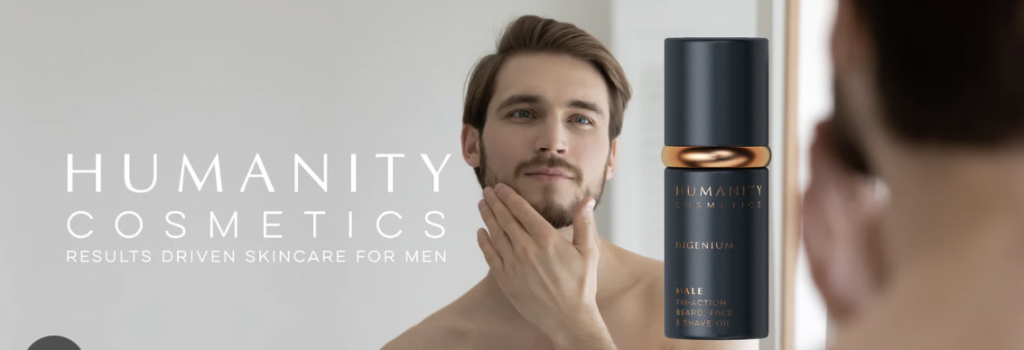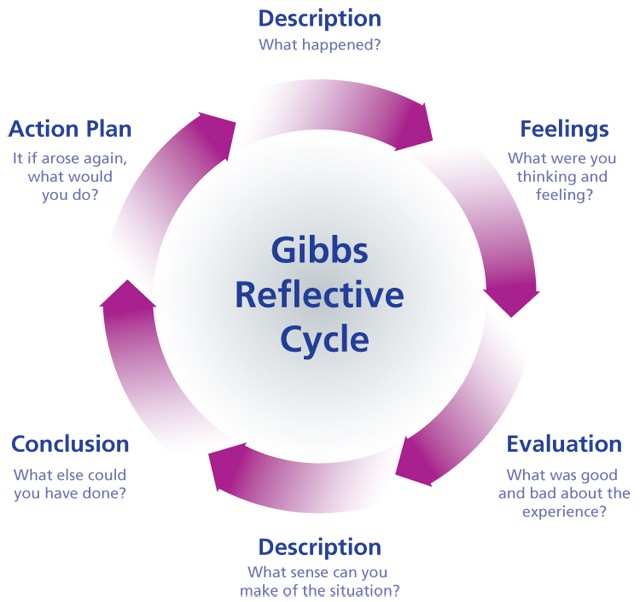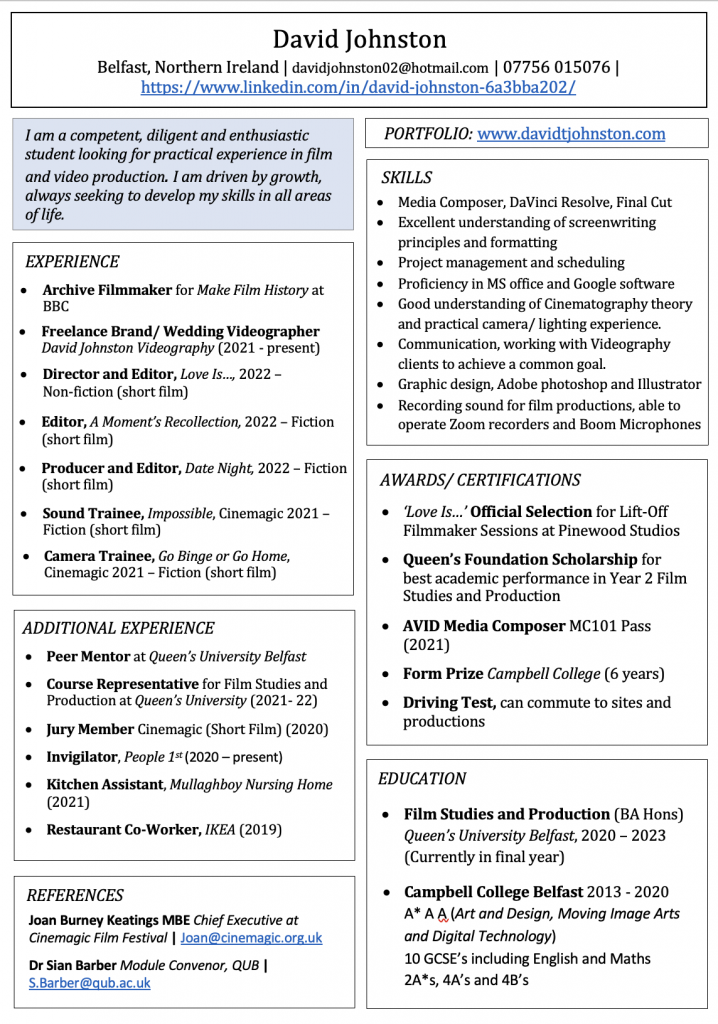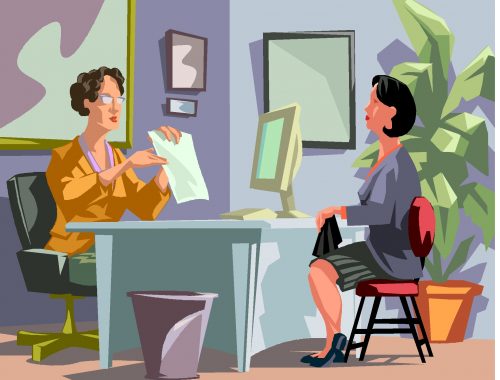Earning the Trust of Clients and Employers

One of the most important skills a freelancer should develop is the ability to work collaboratively with their clients, framing each new project as an opportunity to improve communication, confidence, and efficiency. A strong first impression with a new client can be the catalyst for a successful project and a lasting relationship. As a young videographer, I have learned that salesmanship is largely a listening game. The initial communication between client and seller must be focused on the client’s specific needs for their business before the seller assesses their ability to assist them in their goals.
With limited experience, I often find myself questioning my skillset. Why hire me, when they could easily find a more advanced videographer who can get the job done better and faster? Do they know how young I am? Why do they trust me? But these self-limiting beliefs achieve nothing. Already, my placement at Humanity Cosmetics has helped me in my goal of developing self-confidence working with clients. The more I trust myself, the more they trust me. This blog will use Gibbs’ reflective cycle (Gibbs, 1988) (fig.1) to explore my initial dialogue with Chris from Humanity Cosmetics and reflect on the importance of first impressions.

Description
After a month of sending CV’s and cover letters to studios and post-production houses to no avail, I had begun to consider other modules. But an email late August directed me to Humanity Cosmetics, who were looking for a shooter and two editors to create promotional videos for social media. The interview was quite informal and felt more like a discussion.
Feelings
Initially, I was nervous. This job perfectly matched my CV, and it may have been my last chance to secure a placement. I reminded myself that I have experience with introductory zoom calls as a freelancer, which calmed the nerves a little. At the start of the interview, I faced the same thoughts of inadequacy that I have dealt with at interviews in the past. But Chris’ keen interest in my studies and career goals helped me open about my passion for business and videography. The relaxed nature of our first conversations put me at ease, and my confidence led me to more creative ideas.
Evaluation
I realised and continue to realise through repeated exposure to these circumstances, that at this point in my career, the work I do is a learning process, not a test. It’s okay not to have all the answers. Of course, Chris was interested in my filmmaking abilities, but he’d seen my portfolio. He knew I was capable of the work he’s expecting, and I sensed that he was more interested in my enthusiasm. It was beneficial to approach the interview as an exploration of ideas, rather than an interrogation. An interview is an opportunity to establish trust between two parties with a shared goal.
‘Most people put “creative and hard-working” on their CV, but there is no better way to get that message across than to show an employer how creative and hard-working you really can be’
Barton, 2016
Description
It has been my strategy (or habit) to use a template CV for every job I apply for, containing what I believe to be my best work and achievements (Fig.2). But I’ve come to understand that each job is different, and each application should be in line with the specifics of the job in question, a point stressed in our recent lecture with Emma Lennox. This understanding can be applied to freelancing. Although my website showcases what I believe to be my best work, the scope of my portfolio is limited. I often struggle to justify my experience to create new types of content for clients. Although I have no experience in product videography, it was to my advantage that Chris saw my potential. But I understand taking a ‘leap of faith’ in an inexperienced videographer is less than likely in paid projects.

Conclusion
I was pleased with how I presented myself in the interview, but I found that the questions I had prepared were forgotten as the discussion developed. I believe all points were covered, but I would have liked to have established a better balance in our conversation as it started to feel one sided. I wish I had been more proactive, directing more attention to Chris’ company and his needs, rather than my ability to answer his questions. I left the interview desiring more detail on his brand, and the type of content he was looking for.
‘One of the best things an interviewee can do is make their recruiter feel comfortable’
Zacher, 2018
Action Plan
I believe the fear interviews can generate stems from their misconception as interrogations. Just as the employer is assessing the candidate, the interviewee should assess the job and decide whether it will be fulfilling and worth their time. Going forward, I aim to bring this understanding into my work with clients, and interviews for industry jobs. I will do this by consciously directing my attention outward to the client/interviewer, and trying to avoid any inward focused scrutiny – am I speaking loud enough? How’s my body language? This internal dialogue diminishes the purpose of client meetings.
I believe my limited experience in post-production is the core reason for the rejections I faced during my search for a placement in post-houses. I was naïve in expecting results simply because the position would be unpaid. The work I am doing for Chris is great for my portfolio, and I will use this experience as a calling card for product shoots in the future. But my priority now is to keep my options open. I am coming to realise that there are specific requirements necessary to earn each individual client or employer’s trust, and the more I can develop my experience across film disciplines, the more I will be able to apply relevant skills to job applications in the future.
Bibliography
Barton, Gem (2016). Don’t Get a Job…Make a Job. Laurence King Publishing.
Gibbs, G. (1988). Learning by Doing: A Guide to Teaching and Learning Methods. London: FEU.
Zacher, Christopher. “WINNING TIPS FOR JOB INTERVIEWS.” Hispanic Engineer and Information Technology, vol. 33, no. 1, 2018, pp. 16–17. JSTOR, http://www.jstor.org/stable/26448979. Accessed 25 Nov. 2022.
Uninterested teenagers in Drama?
A Drama Secretary
You May Also Like

Interview a New You! – Becoming an Interview Guru
24 February 2023
Job Interviews: Selling Yourself For A Pay Cheque
24 February 2023
